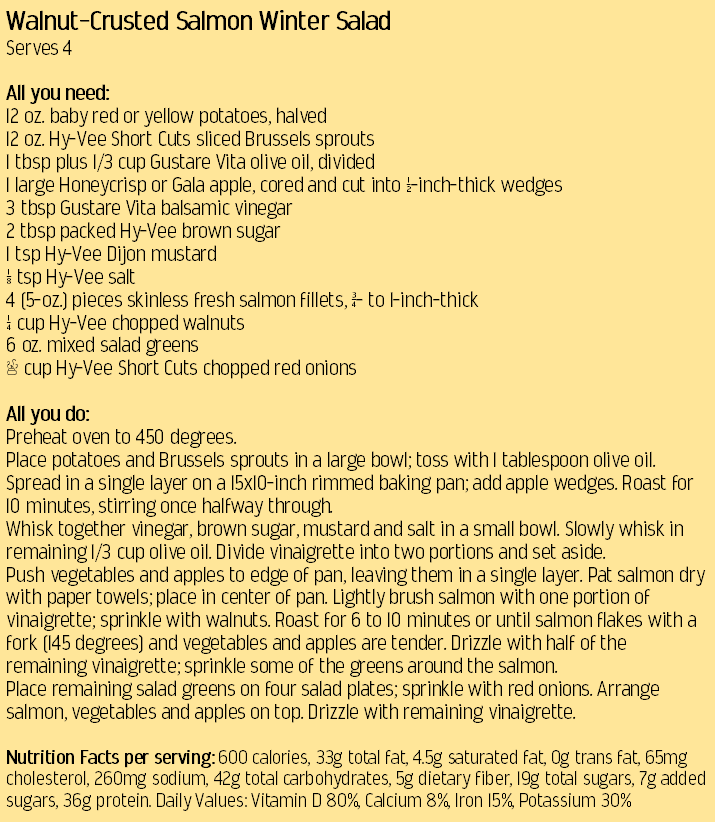|
|
There’s been a popular, yet confusing, message being relayed over the past five years that there isn’t a causal relationship between eating saturated fats and heart disease. Scientists aren’t saying that saturated fat is good for you, but perhaps neutral for those that are healthy and active with no disease risk.
If you have high cholesterol or high blood pressure or are at high risk for heart disease, you may want to take note of these two key points from the research: If you replace saturated fats in your diet (examples: butter, cheese, coconut oil, palm oil) with unsaturated fats (examples: nuts, seeds, fatty fish like tuna and salmon, olive oil, avocados), you may reduce your risk of having a heart attack or stroke. (1) If you replace the saturated fats in your diet with low-fiber, fast-digesting carbohydrates (examples: fruit juice, pop, candy, pasta, rice, energy bars), you’ll likely increase your risk for a heart attack or stroke. (1) So don’t be deceived by this message being relayed that saturated fat is good for you; it’s still not “good” for you and when eaten in excess can increase your risk for heart disease leading to a heart attack or stroke. (1) Here are 3 foods you could eat to show your heart some love: Low-carb Vegetables – serving size is ½ cup cooked or 1 cup raw or 2 cups raw leafy greens. Examples: green beans, broccoli, spinach, kale, mushrooms, zucchini, yellow squash, Brussels sprouts. These veggies are loaded with vitamins, minerals and fiber and are low-calorie in comparison to other food groups. Walnuts – serving size is 1 ounce or approximately 7 walnuts. Walnuts are primarily a healthy fat source with some carbohydrate and a little bit of protein. They are high in vitamin B6, folate, thiamin – playing a role in cellular energy and a healthy nervous system. Salmon/Tuna – salmon and tuna are both fatty fish and are excellent sources of omega-3 fatty acids, a polyunsaturated fat. Studies have found when participants replaced just 1% of their saturated fat intake with the same amount of calories coming from polyunsaturated fats, their risk of heart attack or stroke decreased by an average of 7%. The American Heart association considers 3.5 ounces of cooked fish or ¾ cup to be a single serving. For adults, two servings per week are recommended to help lower risk for heart disease. This warm salad contains all three of these foods and is rated 5 stars! It’s a simple one-pan meal that is rich with heart-healthy ingredients. Citations: (1) Clifton PM, Keogh JB. A systematic review of the effect of dietary saturated and polyunsaturated fat on heart disease. Nutr Metab Cardiovasc Dis. 2017 Dec;27(12):1060-1080. doi: 10.1016/j.numecd.2017.10.010. Epub 2017 Oct 18. PMID: 29174025. https://pubmed.ncbi.nlm.nih.gov/29174025/ The information is not intended as medical advice. Please consult a medical professional for individual advice. Megan Callahan is one of your Hy-Vee Corporate Dietitians. She is dedicated to helping people live healthier and happier lives. Megan received a bachelor’s degree in dietetics from Missouri State University. She completed her dietetic internship at the University of Kansas Medical Center, where she also received her Master of Science degree in dietetics and nutrition. Megan has been working with Hy-Vee full-time for 10 years. Megan lives in Lee’s Summit with her husband Matt, and their 2 children Kennedy (4) & Carsyn (2). Comments are closed.
|
Categories
All
Archives
July 2024
|
Grain Valley NewsGrain Valley News is a free community news source published weekly online. |
Contact Us |




 RSS Feed
RSS Feed
